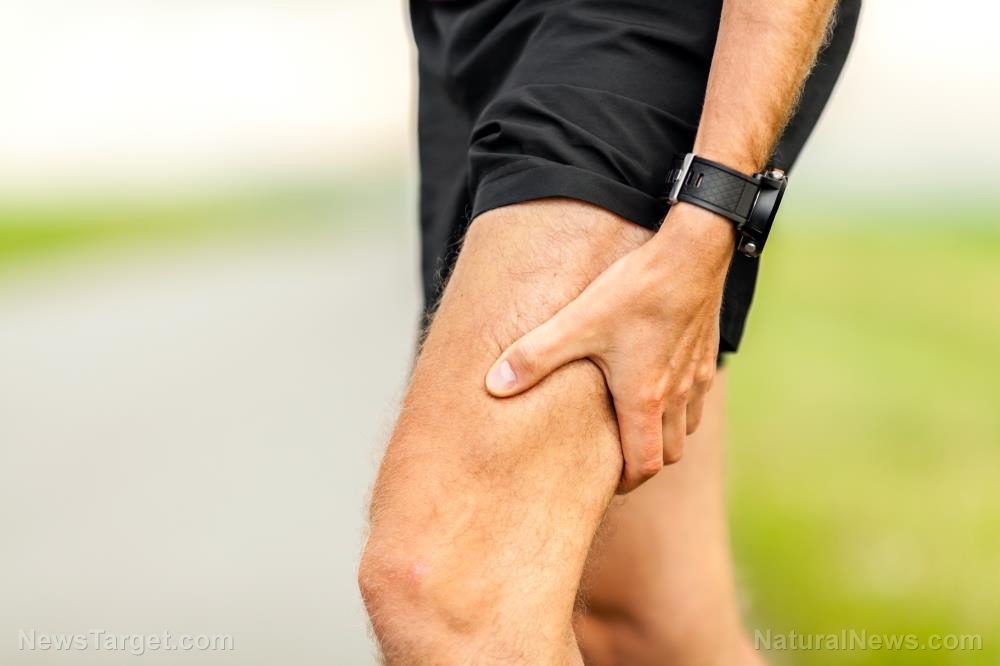Soda consumption linked to accelerated aging and increased mortality risk
04/26/2021 / By Joven Gray

A recent study by researcher from the University of California, San Francisco says that drinking soda can increase the risk of all-cause mortality and accelerate aging. The findings build on mounting evidence of the adverse effects drinking soda and other sugary beverages have on the body, which include obesity, Type 2 diabetes, heart disease, kidney disease, non-alcoholic fatty liver disease, dental caries and gout.
The team collated data from the National Health and Examination Surveys, an annual program for assessing the health and nutrition of American adults and children. They gathered data from over 5,300 participants between 1999 and 2002, all of whom had no history of diabetes or cardiovascular disease. (Related: Studies funded by soda industry skew the link between soda and diabetes.)
In particular, they looked at stored DNA data from the participants – measuring telomere length and comparing it with their consumption of sugar-sweetened soda. The researchers found that those who regularly drank sugar-sweetened soda had shorter telomeres than those who didn’t.
Research has shown that telomeres have been previously associated with lifespan. Having shorter telomere length, for instance, has been linked to cardiovascular disease, diabetes and even certain types of cancer.
The team reported in their study that consuming even just eight ounces of soda every day can accelerate aging by nearly two years. Meanwhile, 20 ounces of soda can accelerate aging by up to 4.6 years when consumed daily. In fact, drinking sugar-sweetened soda can reduce telomere length at a rate similar to smoking.
The UCSF study is also the first to link regular consumption of sugar-sweetened soda to telomere shortening. According to study co-author Elissa Epel, drinking sugar-sweetened soda adds strain to the body by metabolizing these sugars and accelerates cellular aging in tissues.
“This finding held regardless of age, race, income and education level. Telomere shortening starts long before disease onset,” Epel added. ” Although we only studied adults here, it is possible that soda consumption is associated with telomere shortening in children, as well.”
Sugary sodas linked to rising all-cause deaths
In another study, European experts revealed that drinking sugary sodas and other sweetened drinks increases the risk of all-cause deaths. The researchers collected data from more than 450,000 individuals enrolled in the European Prospective Investigation into Cancer and Nutrition (EPIC) study, a large-scale cohort study for biochemical and genetic markers for cancer and other chronic diseases.
A follow-up revealed that more than 40,000 participants from the original study had already died. Using their data, the team found a strong link between regular soda consumption and all-cause mortality. Those who regularly drank more than two glasses of sugary drinks increased their risk of dying from circulatory diseases, while those who drank at least one glass of sugary drinks increased their risk of dying from digestive diseases and Parkinson’s disease.
“Our results … provide additional support for the possible adverse health effects of sugar-sweetened soft drinks and to replace them with other healthier beverages, preferably water,” explained co-author Neil Murphy. “For artificially-sweetened soft drinks, we now need a better understanding of the mechanisms that may underlie this association and research such as ours will hopefully stimulate these efforts.”
The findings appeared in JAMA Internal Medicine.
FoodScience.news has more about the adverse health effects of sugary sodas.
Sources include:
Submit a correction >>
Tagged Under:
aging, all-cause mortality, diabetes, research, soda, soft drinks, sugar addiction, sugary drinks, sweetened drinks, toxic foods, toxic ingredients
This article may contain statements that reflect the opinion of the author
RECENT NEWS & ARTICLES
LongevityScienceNews.com is a fact-based public education website published by Longevity Science News Features, LLC.
All content copyright © 2018 by Longevity Science News Features, LLC.
Contact Us with Tips or Corrections
All trademarks, registered trademarks and servicemarks mentioned on this site are the property of their respective owners.



















